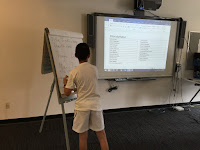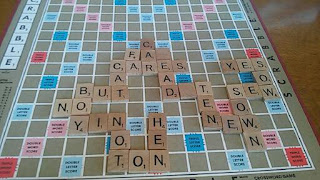Neuroplasticity or how I create new brain pathways in you as you increase your intelligence.
How the neuroplasticity process works in American English is the following:
American English works your brain in many directions at once, and you will feel and sense a difference in your brain activity —everyone does.
First,
By utilizing all the sounds in the English language, we are activating all the brain centers associated with those areas.
Imagine that you never say a word like chorus. Now imagine we cover all the words you haven’t said in quite a while. The brain is going to feel an uplift, that uplift is the brain plasticity taking place.
Multiply that by 20, and you will wake up feeling brighter.
It works. All my students tell me about it—I feel it all the time now, my brain is changing. Words that I forgot have come back and the names of friends that had been dormant for years are easily recalled.
And there’s more….
From Wikipedia
Neuroplasticity, also known as brain plasticity, is an umbrella term that describes the lasting change to the brain throughout an individual's life course. The word gained prominence in the latter half of the 20th century when new research showed many aspects of the brain remain changeable (or "plastic") even into adulthood. This notion contrasts with the previous scientific consensus that the brain develops during a critical period in early childhood, then remains relatively unchangeable (or "static") afterward.

Neuroplastic change can occur at small scales, such as physical changes to individual neurons, or whole-brain scales, such as cortical remapping in response to injury. However cortical remapping is more extensive early in development. Behavior, environmental stimuli, thought, and emotions may also cause neuroplasticity change through activity-dependent plasticity, which has significant implications for healthy growth, learning, memory, and recovery from brain damage.
Neuroscientists distinguish synaptic plasticity, which refers to changes in how neurons connect, from non-synaptic plasticity, which refers to changes in the neurons themselves. ###
.
















